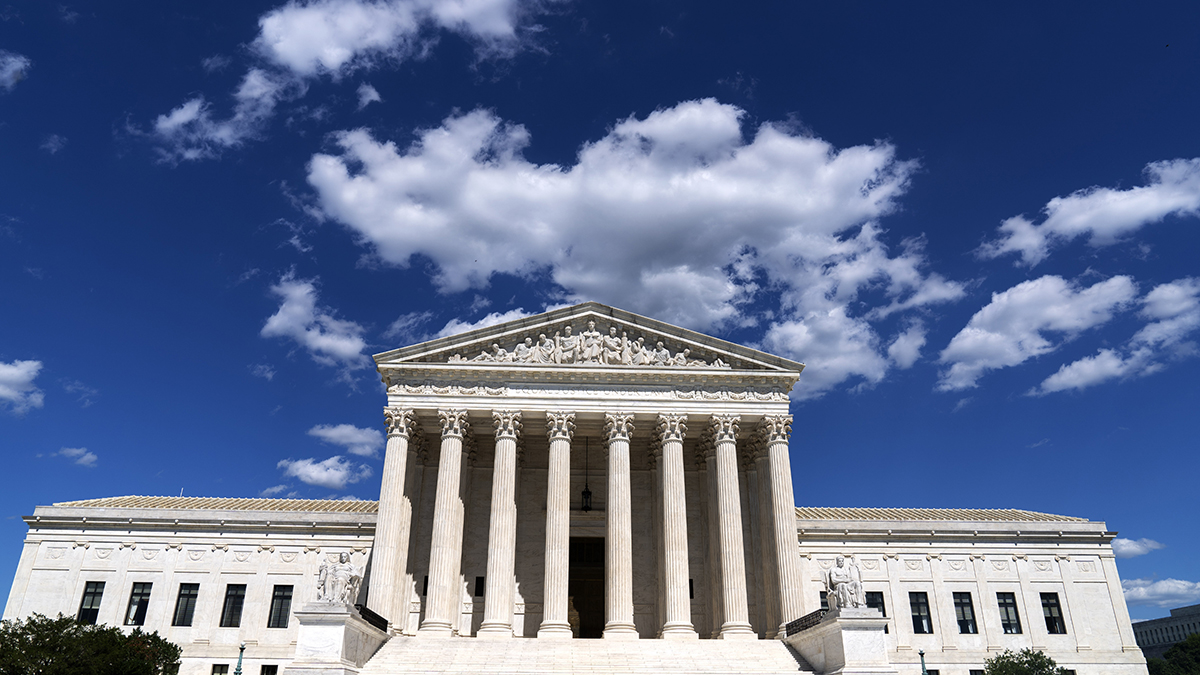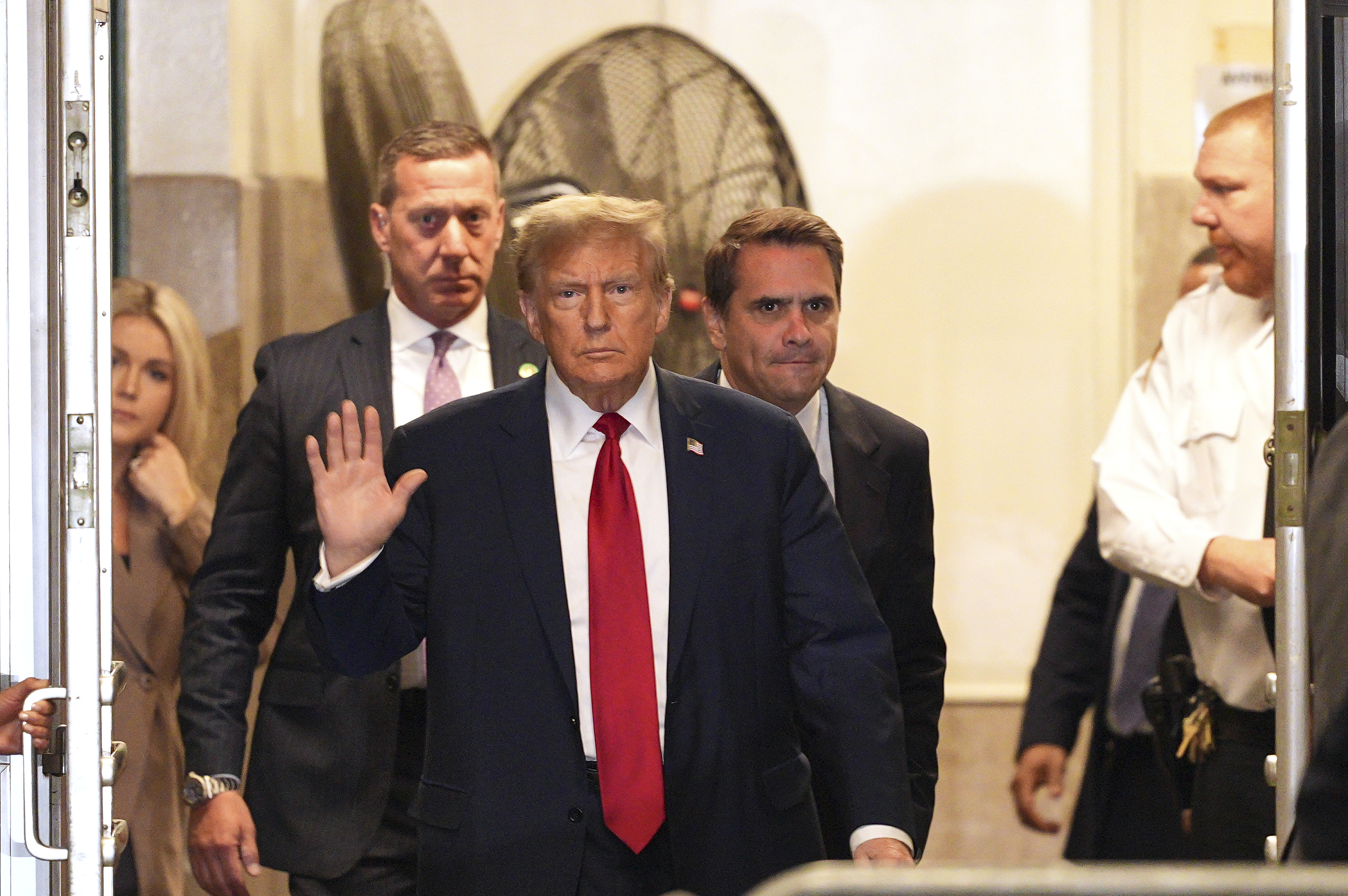Congressman Dennis Cardoza, a Democrat from the San Joaquin Valley, abruptly resigned his seat this week.
A politician who feels he or she can't serve anymore has an obligation to resign, and Cardoza's statement hinted at family issues -- "increasing parenting challenges" -- that makes a resignation understandable.
He wasn't running for re-election, and he had job offers, and just took one, with a lobbying firm, according to recent news reports.
But the timing of the resignation is awful.
Cardoza's decision to quit at this particular moment really rankles. By departing this late in the year (too late to schedule a special election and name a replacement), he is leaving his constituents without representation until next January.
He also leaves his party one short in the House of Representatives.
In normal times, this might not matter. But these are not normal times. Indeed, the last two months of the year -- the period between the election and the end of the year -- promise to be some of the most consequential in the recent history of Congress.
U.S. & World
That's because momentous decisions have been pushed into this period.
The federal government is approaching the debt ceiling; the last time the ceiling was close, it touched off a bitter fight that shook the markets and the economy.
The country also faces a so-called "fiscal cliff," with the Bush tax cuts set to expire at the end of the year and automatic cuts in federal spending scheduled to take effect in January.
If this lame duck Congress doesn't deal effectively with these issues, it could touch off a recession, economists predict.
Cardoza, if he was having doubts about his ability to serve, should have resigned much earlier in the year.
Now that he's stuck around this far, he should be obligated to stick around for the last few, momentous months of his term.
If he just can't do that, he owes the public a much more detailed, more convincing explanation.
Lead Prop Zero blogger Joe Mathews is California editor at Zocalo Public Square, a fellow at Arizona State University’s Center for Social Cohesion, and co-author of California Crackup: How Reform Broke the Golden State and How We Can Fix It (University of California, 2010).
Send us your thoughts via Twitter @PropZero or add your comment to our Facebook page.



